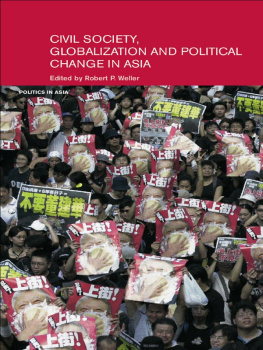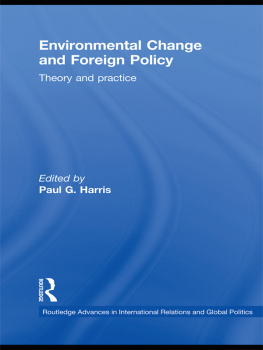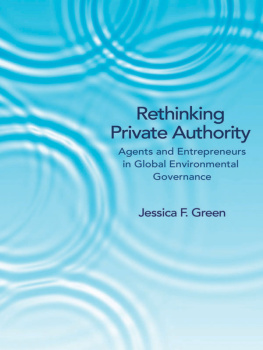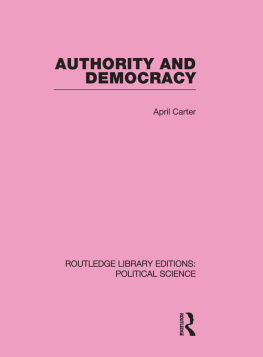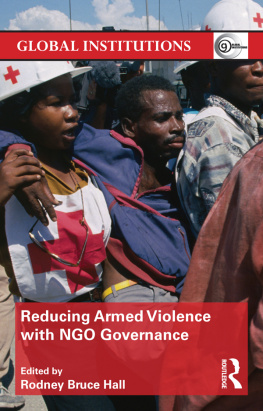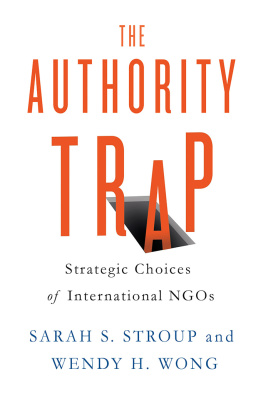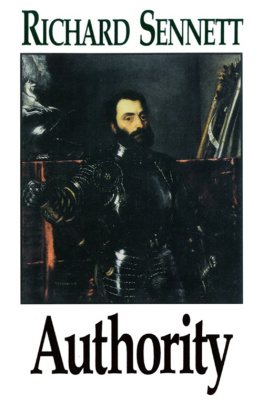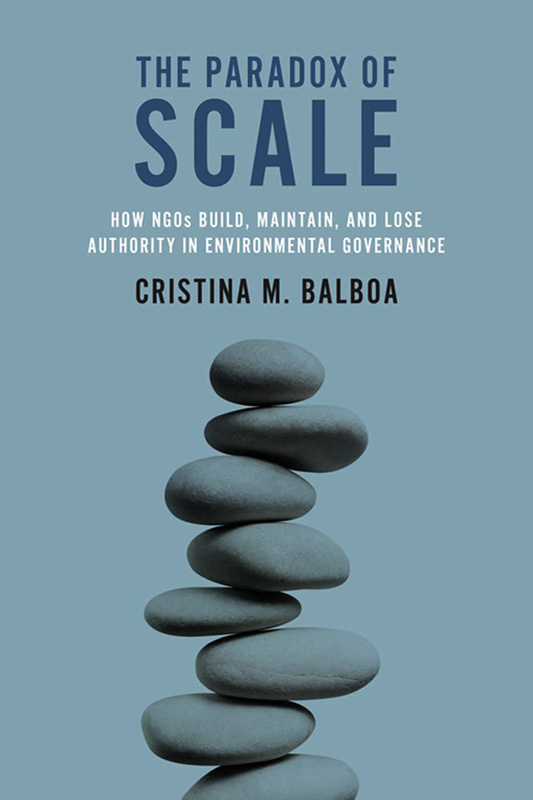2018 Massachusetts Institute of Technology
All rights reserved. No part of this book may be reproduced in any form by any electronic or mechanical means (including photocopying, recording, or information storage and retrieval) without permission in writing from the publisher.
This book was set in ITC Stone Sans Std and ITC Stone Serif Std by Toppan Best-set Premedia Limited. Printed and bound in the United States of America.
Library of Congress Cataloging-in-Publication Data
Names: Balboa, Cristina M., author.
Title: The paradox of scale : how NGOs build, maintain, and lose authority in environmental governance / Cristina M. Balboa.
Description: Cambridge, MA : MIT Press, [2018] | Includes bibliographical references and index.
Identifiers: LCCN 2018008757| ISBN 9780262038775 (hardcover : alk. paper) | ISBN 9780262535854 (pbk. : alk. paper)
eISBN 9780262349239
Subjects: LCSH: Environmental policy--International cooperation--Case studies. | Environmental policy--Decision making--Case studies. | Non-governmental organizations--Case studies. | Environmental sciences--Societies, etc.--Case studies. | Conservation International. | International Marinelife Alliance. | Community Conservation Network.
Classification: LCC GE170 .B35 2018 | DDC 363.7/0561--dc23 LC record available at https://lccn.loc.gov/2018008757
ePub Version 1.0
For Jake
Table of Contents
List of tables
List of figures
Guide
Acknowledgments
It seems every acknowledgments section from an authors first book talks about how long the book took to write. This book is no different. As my neighbor, the esteemed scholar Jessica Blatt, jokes: were from Brooklyn where everything is increasingly artisanal and handmade, and that kind of work takes time. Over time, this artisanal scholarly endeavor has accumulated a debt of thanks to many people.
This book would not be possible were it not for the communities and organizations that opened their doors to me and whose members entrusted me with their stories. To all of these individuals: I am humbled by your openness and I hope this work contributes only good things to your work and lives.
This project began in my doctoral program at Yale University, and there were many people there for whose support, critiques, and comaraderie I am grateful, including Ben Cashore, Jonathan Koppell, Brad Gentry, Graeme Auld, Cecilia Blasco, Anastasia ORourke, Becca Barnes, Helen Poulos, Barry Muchnick, Monica Araya, and Weslynne Ashton. I wrote some of the preliminary analysis for this project at the Hauser Centerthank you to Mark Moore, David Brown, and Alnoor Ebrahim for the opportunity. Thanks also to the staff, board, and fellows of the Environmental Leadership Program who dreamed a world in color when our outlook was so gray.
I am grateful for the many organizations have entrusted their funds to me, including Yale University, the Yale Institute for Biospheric Studies, the Yale Council on Southeast Asian Studies, the Yale Center for the Study of Globalization, the Yale Tropical Resources Institute, the Switzer Foundation, the Environmental Protection Agencys Science to Achieve Results (STAR) program, the International Studies Association (ISA), the Association for Research on Nonprofit Organizations and Voluntary Associations (ARNOVA), Central European University, the Eugene M. Lang Foundation, the Faculty Fellowship Publication Program of CUNY (City University of New York), the Marxe School Deans Research Award, and the Baruch Provosts Book Completion Award. Support for this project was also provided by a PSC-CUNY Award, jointly funded by the Professional Staff Congress and the City University of New York. I hope you find this research worthy of your support.
Thank you, also, to the people who housed and supported me during field work: John Parks and family in Honolulu and the Puyat family in the Philippines, especially Berna, and my late Tita and cousin: Baby and Dave.
I have been welcomed and encouraged by many faculty at the City University of New York, Baruch College, and the Marxe School of Public and International Affairs in particular. Leading this group of kind critics is my writing group of Susan Chambre, Hilary Botein, and Nicole Marwell (now at the University of Chicago) who have read more of my work than anyone except my dad and my husband. Rob Smith was a great sounding board for strategizing revisions and big conceptual thinking. Others generously commented on the proposals and chapters, and helped protect my writing time, including John Casey, Jack Krauskopf, George Mitchell, Ryan Smith, Rachel Smith, Don Waisanen, and the entire Center for Nonprofit Strategy and Management at the Marxe School; and my insightful and inspiring cohort at the CUNY Faculty Fellowship Publication Program including Jennifer Johnson, Mark Lewis, Teresita Levy, Megan Moran, Isabel Martinez, and Virginia Sanchez-Korrol.
I was extremely fortunate that the MIT Press commissioned three thoughtful scholars to anonymously review the manuscript; their questions and comments paved a clear path to a more compelling and concise argument. I am grateful to Beth Clevenger and Anthony Zannino for finding these reviewers and for general guidance in this process. Others have generously offered comments on iterations of the proposal, the manuscript, and the process of revisions including Bill Demars, Dan Magaziner, Paloma Raggo; Maryam Deloffre (whom I owe triply for reviewing the same chapter three times!); Ben Cashore, Stefan Renckens, Matto Mildenberger, and the members of the Yale Governance, Environment, and Markets Initiative; Roger Hayden of Cornell University Press and one reviewer from Oxford University Press; and the discussants and chairs at Association for Research on Nonprofit Organizations and Voluntary Action (ARNOVA) and the International Studies Association (ISA). Els de Graauw, Sarah Bush, and Alnoor Ebrahim gave solid publishing advice. Seth Fishers editing notes and advice taught me more about writing and telling a story than all my years in graduate school. Daniela Vizcano helped me rethink the figures in the book. The Academic Ladder Social Science/Humanities Writing Group 11 has been an incredible source of encouragement, advice, and sage insight into the strange workings of academia. To my circle of academic niceness everywhere: I thank you all.
I am grateful for my neighbors and friends who were supportive by helping with childcare and just being great people to be around for a full lifethanks Armory Crew. Rachel, Erin, and Amywho also wrote their work during the naps, nights, and weekends of early parenthoodand our FGCH Babysitting Co-op helped me maintain favorable status as both mom and scholar.
I thank my family for supporting me in this process. Jaime Balboa and Todd Presner, my family-academic mentors, always answered my questions with calm and encouragement; Elizabeth Balboas editing was invaluable on chapters 4 and 5; my siblings Miguel, Roberto, Juan, and Maria happily helped brainstorm book titles; my stepmother TJ and my late mother Sharon were incredible role models for strength and discovery; and my father Ronaldo Balboa instilled in me the Balboa traditions of civic duty and unrelenting questioning.
To Matilda, Fernanda, and Carly: Thank you for being wonderful human beings, for your empathy and encouragement on the writing process, and for working with me to be kinder, smarter, and healthier every day.
I am most grateful for the constant support, intellect, humor, competence, and gourmet cooking of my husband Jakea true partner in the adventure, even when the adventure isnt too exciting. I promise we will visit amazing places together some day. Thanks for it all: everything from taking the girls on trips so I could write to helping me become who I want to be. You bring both meaning and joy to my life. I dedicate this work to you.


